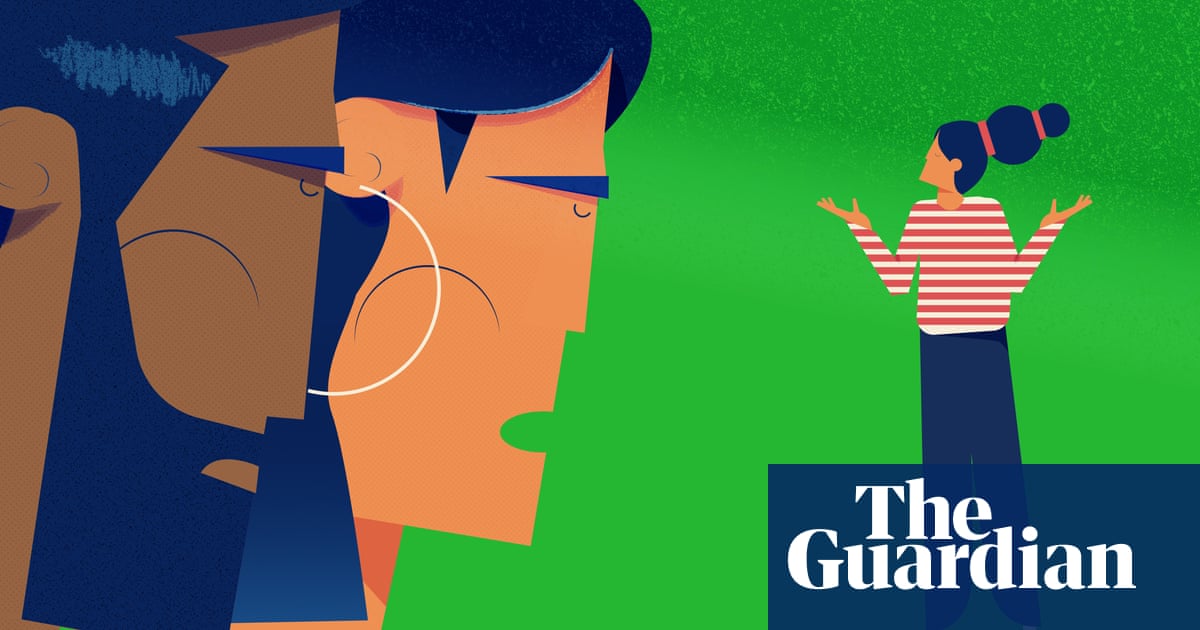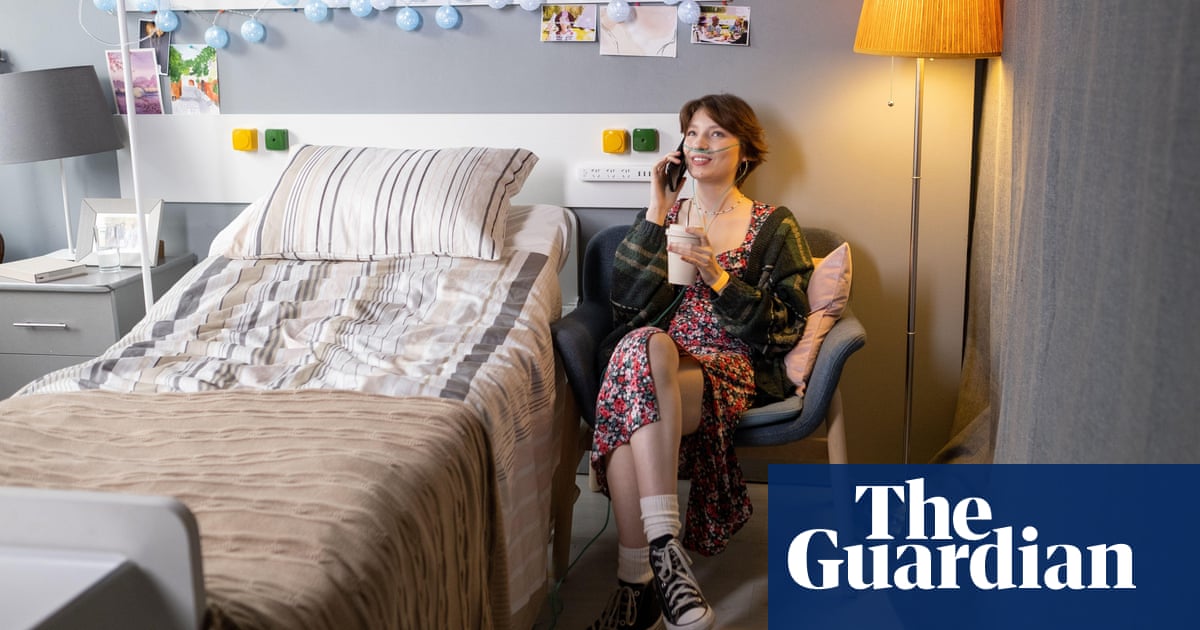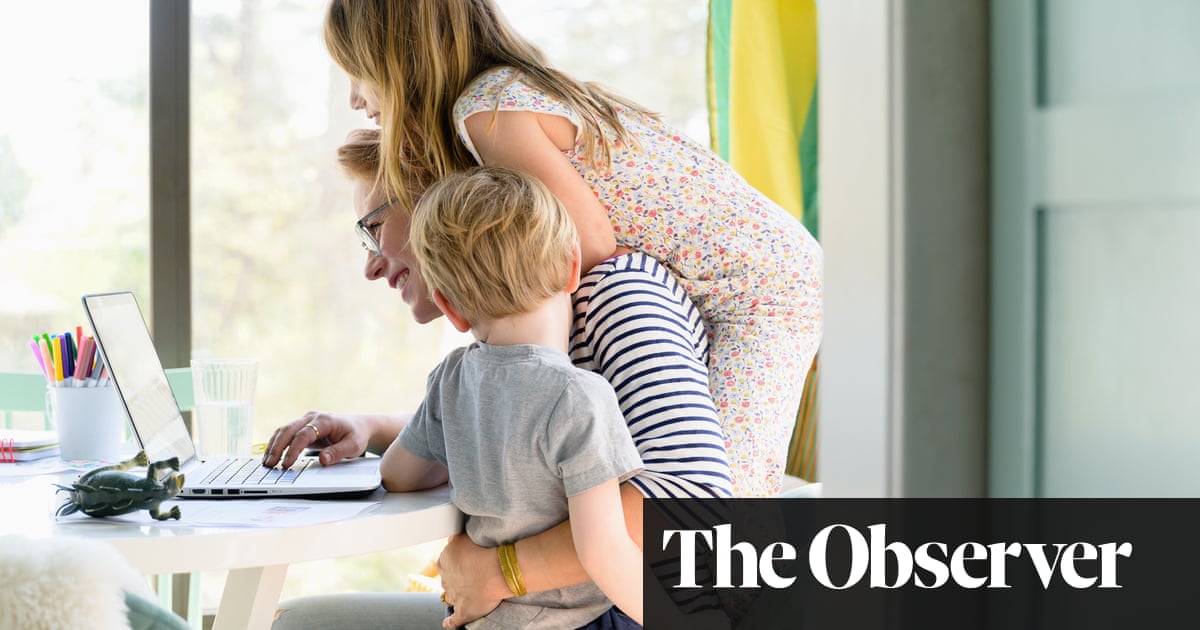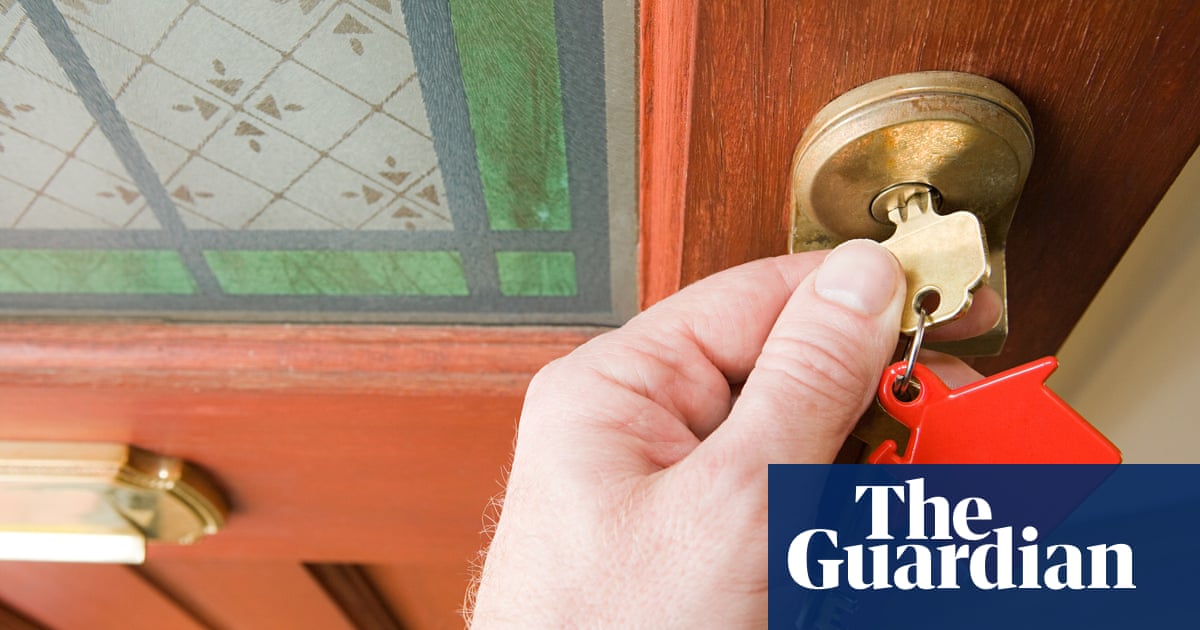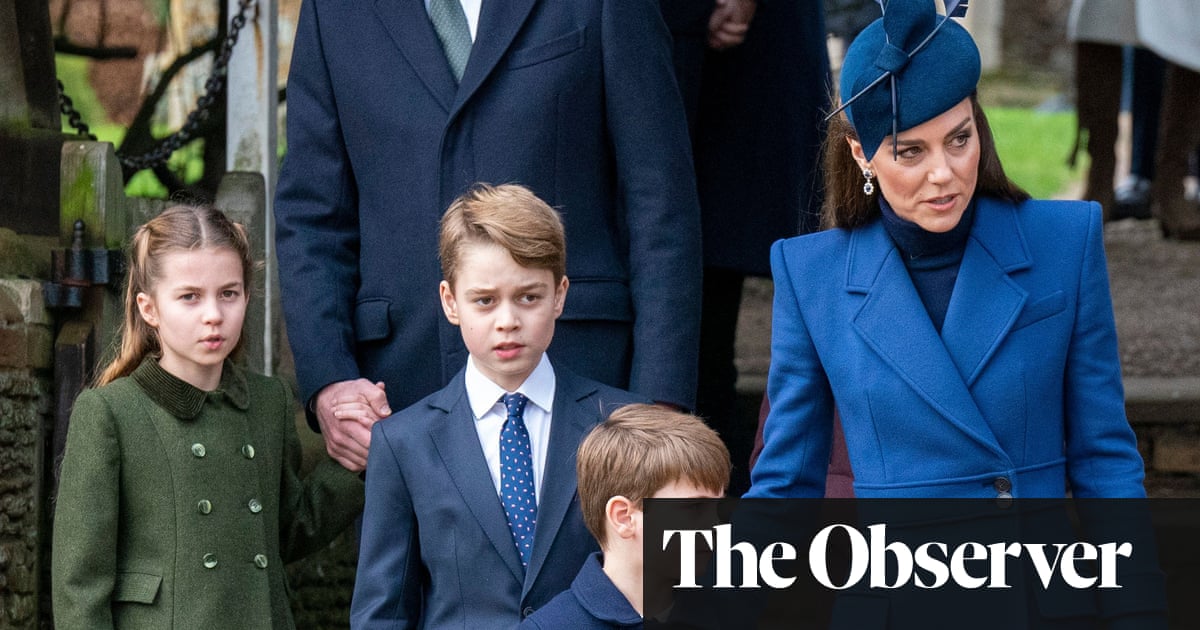
My family is scattered in four countries, and all of us have different nationalities. The Covid-19 crisis has made me painfully aware of my mortality and I have told my family of any end-of-life wishes and where they can find the practical information and cash to deal with this. But it’s so, so hard to get my parents to engage in this conversation. They are in their 70s, both with underlying health issues. God forbid, if anything happened to them, we won’t be able to travel, let alone facilitate anything. My siblings and I are not concerned with inheritance at all. Just about the practicalities of paperwork etc given our complex international lives. How can I persuade them to share some practical information?
Eleanor says: Part of why talking about death is so hard is that when you talk about it you make it real. When death feels real, it can be very hard to keep feeling alive. I remember walking through school the day after my first real encounter with death, feeling drained of motivation and interest, like nothing could have a point now that I knew that whatever I did, I would still end up in the ground.
Feeling like you’ve lost your future is a good way to rob yourself of any joy in the present. This is why depression can feel like a kind of internal death, and it’s why facing our own death often causes depression. Both feel like they take away the future.
It sounds like for your parents, something about ageing has made this sense of a lost future literal: there just is more of life behind them than there is left in front. That’s hard to dwell on.
Sometimes we expect our older relatives to have a sage stoicism about ageing and eventually dying – we privately hope they’ll do it all with a sweet smile and peacefully clasped hands. It’s easier on us that way: we don’t have to face the possibility that someone we love might experience death with the full spectrum of fear and horror, or that we might feel the same when it is our turn.
But the fact that it would be easier for us if they could face their own mortality with peaceful matter-of-factness doesn’t give them the tools for doing so. Asking your parents to come to grips with this is a hard ask – perhaps the hardest we ever make of anybody.
So maybe you don’t have to ask quite that. Maybe you can get what you need to know without forcing their mortality on them in too vivid a way.
Perhaps what we need is a way for you to get the information you’re after that doesn’t raise the bigger, subterranean task of accepting mortality. You could present them giving you this information as a kindness that would reassure your own idiosyncratic paranoia.
You could grant to them that it’s an unreasonable excess of caution, but ask them to do it anyway, so that they can gloss it as “helping our child’s panic, however unreasonable” instead of “finalising our affairs”. Or you could try to do it as a family; you could try to get your siblings to join you in sharing their end-of-life wishes so your parents can feel this is family admin that doesn’t discriminate between generations.
Of course, this conversation might still make your parents feel scared, panicked and vulnerable, especially in the middle of a pandemic. You might too; really facing the possibility of losing a parent melts most of us back into scared kids who want our mums.
If that happens, and if you find that staring too hard at death is making you lose some of your aliveness, try to remember that reaction is wrong. The feeling of pointlessness I had, walking around school that day, is wrong. The present loses nothing by the realisation that it will come to an end. It’s true that we’re going to die, but that makes us the lucky ones.




